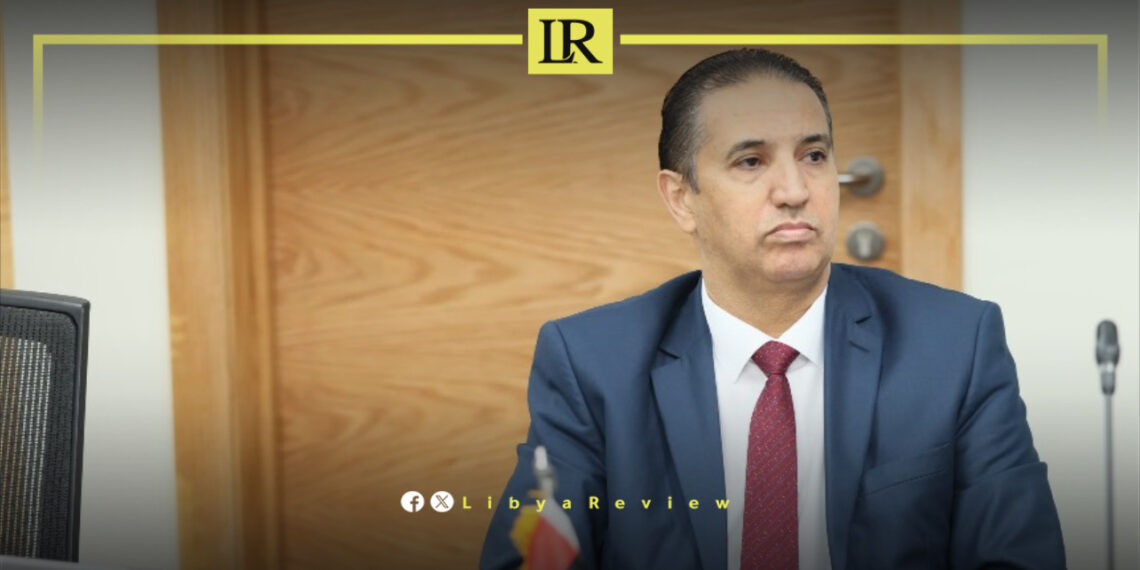The General Authority for Communications and Informatics of Libya took part in the 8th meeting of the Arab Artificial Intelligence Working Group, held in Egypt on November 27-28.
The meeting focused on finalizing the unified Arab strategic vision for artificial intelligence, preparing it for presentation to the Permanent Arab Committee for Information and Communication Technology, and subsequent approval by the Council of Arab Ministers.
On the sidelines of the meeting, a workshop was conducted to draft the Arab Charter on AI Ethics, aiming to enhance cooperation and knowledge exchange among Arab countries in this field.
According to the General Authority for Communications and Informatics, this participation aligns with its efforts to implement the National Communications Plan 2027.
Libya has been in chaos since a NATO-backed uprising toppled longtime leader Muammar Gaddafi in 2011. The county has for years been split between rival administrations.
Libya’s economy, heavily reliant on oil, has suffered due to the ongoing conflict. The instability has led to fluctuations in oil production and prices, impacting the global oil market and Libya’s economy.
The conflict has led to a significant humanitarian crisis in Libya, with thousands of people killed, and many more displaced. Migrants and refugees using Libya as a transit point to Europe have also faced dire conditions.
The planned elections for December 2021 were delayed due to disagreements over election laws and the eligibility of certain candidates. This delay has raised concerns about the feasibility of a peaceful political transition.
Despite the ceasefire, security remains a significant concern with sporadic fighting and the presence of mercenaries and foreign fighters. The unification of the military and the removal of foreign forces are crucial challenges.


